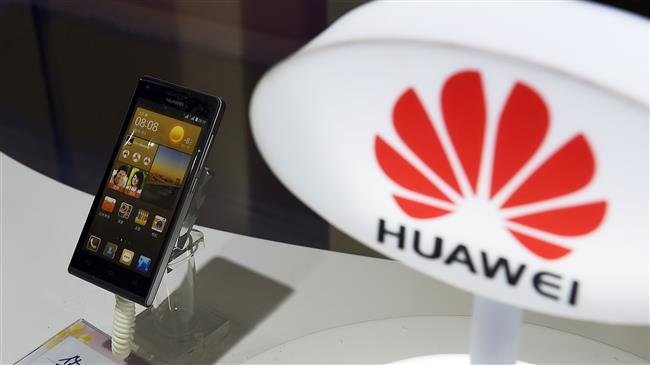US probing Huawei for possible Iran sanctions violations
Federal prosecutors in New York have been investigating since at least last year whether Chinese tech company Huawei Technologies Co Ltd violated US sanctions in relation to Iran, according to sources familiar with situation.
The prosecutors have been investigating alleged shipping of US-origin products to Iran and other countries in violation of US export and sanctions laws, two of the sources said on
condition of anonymity.
The probe, first reported by the Wall Street Journal on Wednesday, is being run out of the US Attorney's office in Brooklyn, the sources said. John Marzulli, a spokesman for the prosecutor's office, would neither confirm nor deny the existence of the investigation.
The Department of Justice in Washington declined to comment. Huawei, which makes handsets and telecommunications network equipment, said it complies with "all applicable laws and
regulations where it operates, including the applicable export control and sanction laws and regulations of the UN, US and EU."
News of the Justice Department probe follows a series of US actions aimed at stopping or reducing access by Huawei and Chinese smartphone maker ZTE Corp to the US economy amid allegations the companies could be using their technology to spy on Americans.
In February, Senator Richard Burr, the Republican chairman of the US Senate Intelligence Committee, cited concerns about the spread of Chinese technologies in the United States, which he called "counterintelligence and information security risks that come prepackaged with the goods and services of certain overseas vendors."
Republican Senators Marco Rubio and Tom Cotton have introduced legislation that would block the US government from buying or leasing telecommunications equipment from Huawei or ZTE, citing concern the Chinese companies would use their access to spy on US officials.
US authorities last week banned American companies from selling to ZTE for seven years, saying the Chinese company had broken a settlement agreement related to Iran sanctions with repeated false statements - a move that threatens to cut off ZTE's supply chain.
The ZTE ban was the result of its failure to comply with an agreement with the US Commerce Department reached last year after it pleaded guilty in federal court to conspiring to violate US sanctions by illegally shipping U.S. goods and technology to Iran.
In 2016, the Commerce Department made documents public that showed ZTE's misconduct and also revealed how a second company, identified only as F7, had successfully evaded US export controls.
In a 2016 letter to the Commerce Department, 10 US lawmakers said they believed F7 to be Huawei, citing media reports. In April 2017, lawmakers sent another letter to Commerce Secretary Wilbur Ross asking for F7 to be publicly identified and fully investigated.
(Source: Reuters)
VIDEO | Yemenis praise the military for its successful operations against Israel
VIDEO | Israel continues to bomb Gaza homes
VIDEO | An insider's view of the country: Meybod City in Yazd
‘All wars have rules. All of those rules have been broken’ by Israel
VIDEO | Report flags India’s violation of rights of Rohingya detainees
Turkey's foreign minister meets Syria's de facto leader in Damascus
VIDEO | US Syria plots
'Next to impossible' to rescue patients from Gaza's Kamal Adwan Hospital: Director











 This makes it easy to access the Press TV website
This makes it easy to access the Press TV website